The economic crisis caused by the coronavirus pandemic poses a triple challenge for tax policy in the United States. Lawmakers are tasked with crafting a policy response that will accelerate the economic recovery, reduce the mounting deficit, and protect the most vulnerable.
To assist lawmakers in navigating the challenge, and to help the American public understand the tax changes being proposed, the Tax Foundation’s Center for Federal Tax Policy modeled how 70 potential changes to the tax code would affect the U.S. economy, distribution of the tax burden, and federal revenue.
In tax policy there is an ever-present trade-off among how much revenue a tax will raise, who bears the burden of a tax, and what impact a tax will have on economic growth. Armed with the information in our new book, Options for Reforming America’s Tax Code 2.0, policymakers can debate the relative merits and trade-offs of each option to improve the tax code in a post-pandemic world.
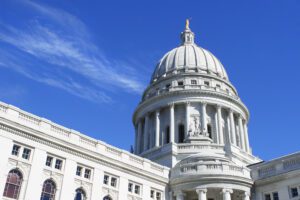
Wisconsin’s Proposed Retirement Income Exclusion Would Shift Tax Burdens to Working Families over Time
With reports that Republican legislative leaders and Wisconsin Gov. Evers (D) have reached a budget deal for FY 2026 and 2027, it is worth examining two significant tax relief proposals included in the plan.
7 min read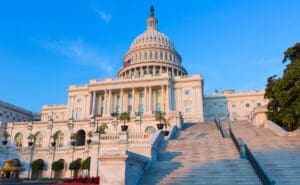
The Good, the Bad, and the Ugly in the One Big Beautiful Bill Act
Senate Republicans have advanced legislation to extend many provisions of the 2017 Tax Cuts and Jobs Act (TCJA) alongside dozens of new provisions, following broadly similar legislation put forward by House Republicans.
8 min read
Taxes and the Road to Revolution: A Brief Overview
Independence Day is notable for its insistence not just on light taxation, but more importantly on taxation being subject to the consent of the governed through a representative form of government.
4 min read
Fiscal Forum: Future of the EU Tax Mix with Dr. Monika Köppl-Turyna
Tax Foundation Europe’s Sean Bray interviews Dr. Monika Köppl-Turyna, director of the EcoAustria Institute for Economic Research, about the future of the EU tax mix.
14 min read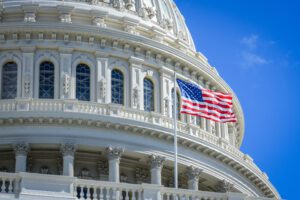
A Partial Defense of the QBAI Exclusion
Lawmakers should consider maintaining QBAI and applying the several billion dollars from the Senate’s change toward other pro-growth international tax reforms instead.
6 min read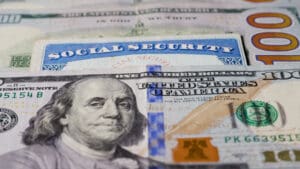
How Would the Proposed Additional Senior Deduction Compare to No Tax on Social Security?
The increased senior deduction with the phaseout would deliver a larger tax cut to lower-middle- and middle-income taxpayers compared to exempting all Social Security benefits from income taxation and would not weaken the trust funds as much. But given the temporary nature of the policy, it would increase the deficit-impact of the reconciliation bills without boosting long-run economic growth.
4 min read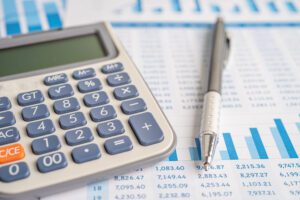
Will the Big Beautiful Bill Lead to an Economic Boom or Just Modestly Higher Growth?
Lawmakers are right to be concerned about deficits and economic growth. The best path to address those concerns is to ensure OBBB provides permanent full expensing of capital investment, avoids inefficient tax cuts, and offsets remaining revenue losses by closing tax loopholes and reducing spending.
8 min read
Enhancing the US Tax Treaty Network: Prioritizing Brazil and Singapore
Expanding and updating the US tax treaty network—both by forging new agreements and modernizing existing ones—is vital to maintaining the country’s competitiveness in a rapidly evolving global tax landscape.
4 min read
Progressive Income Tax on the Ballot in Michigan?
If Michiganders are interested in increasing the state’s spending on education or other priorities—and believe that current revenues are insufficient to support such an increase—there are several ways to do so without significantly affecting residents’ incentives to live and work in Michigan.
4 min read
The Senate Finance Committee’s New International Tax Package: A First Look
The Senate draft overall makes more changes to international tax policy than the House draft. On net the changes are positive.
8 min read